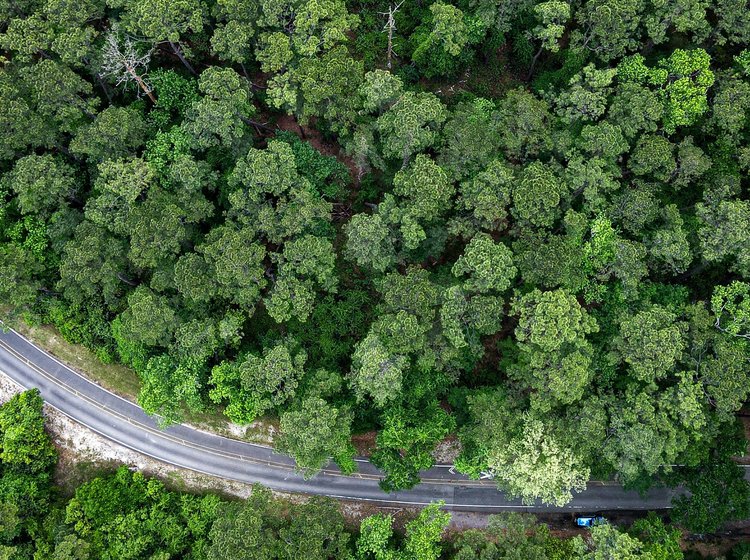
Aquila Capital’s mission is to become one of Europe’s leading investment managers for sustainable investment strategies by 2030. In pursuit of this mission, we are committed to expanding our business, financing the energy transition and contributing to the decarbonisation of the global economy1.
KEY PRINCIPLES
Our mission is implemented across three key principles:
- Expanding access to sustainable investments for our clients while enhancing performance
- Managing real assets in a responsible way
- Leading by example in managing our environmental footprint and supporting our employees to thrive and grow
We are dedicated to maintaining a high standard of governance in our business operations, including transparent and ethical relationships with our business partners. We have zero tolerance for any breach of our Code of Conduct for Business Partners and Code of Ethics for employees which give guidance on our stance towards human rights, labour practices, and other relevant national and international regulations.
We believe that decarbonisation is crucial in our efforts to protect the planet from climate change. To track our contribution to climate change mitigation, we measure the lifetime avoided emissions of investments, such as clean energy projects. This metric can help identify and promote specific industries and companies focused on emission-avoiding technologies. In the spirit of ‘what gets measured gets managed’, the metric can provide additional insights to consider while making investment decisions.
Read Our Commitment for further information on our principles in detail, governance structures, and more.
See our Glossary for definitions of key terms used on this page.
1 We support global decarbonisation efforts by offering selected financial products that contribute to climate change mitigation, for example by enabling the avoidance of GHG emissions.